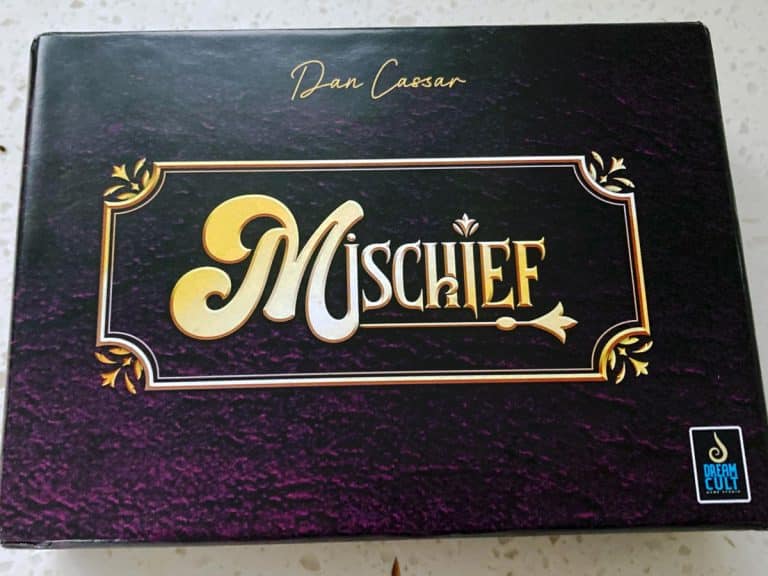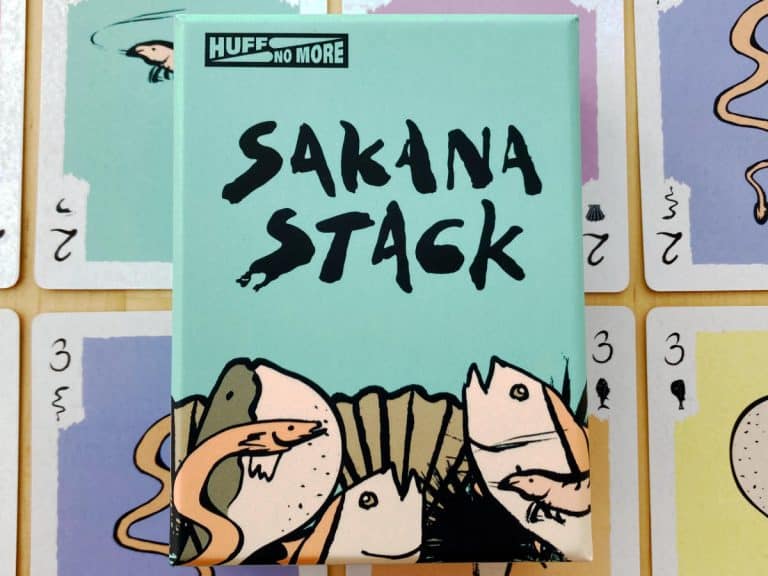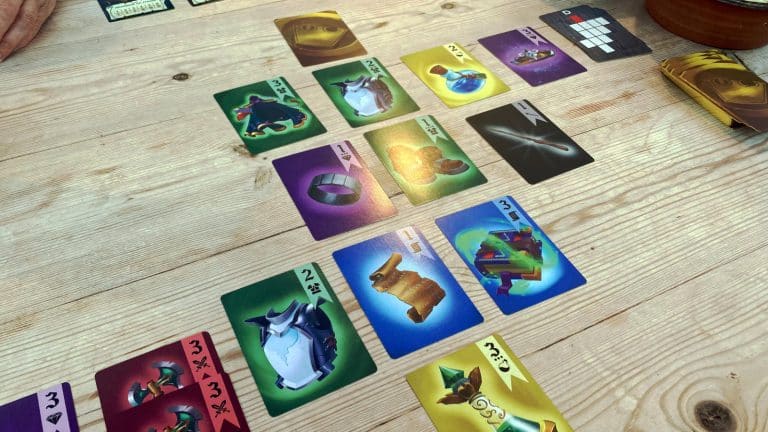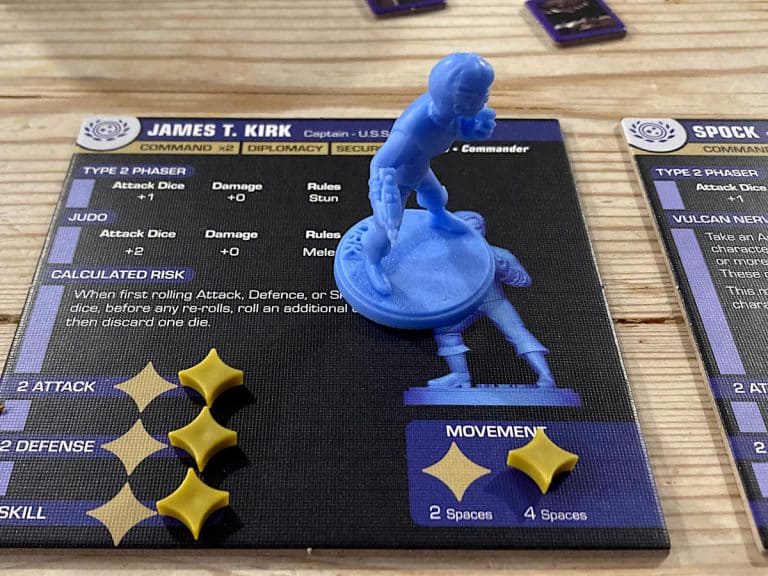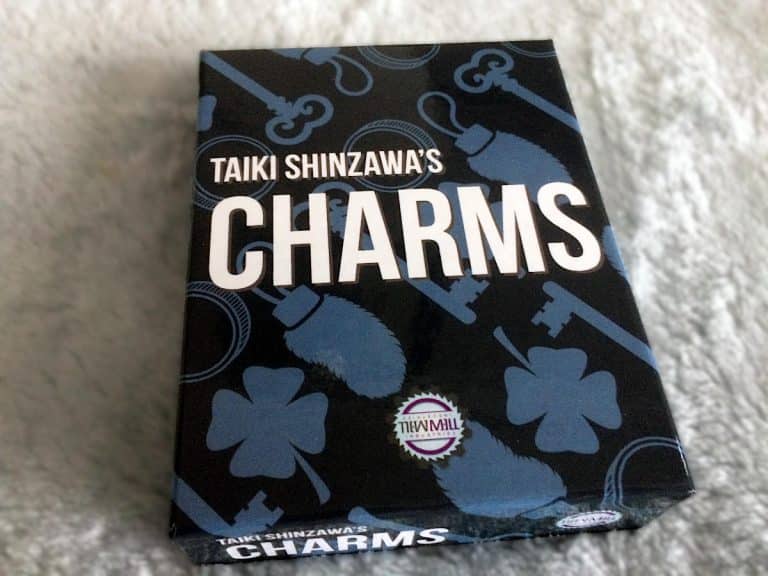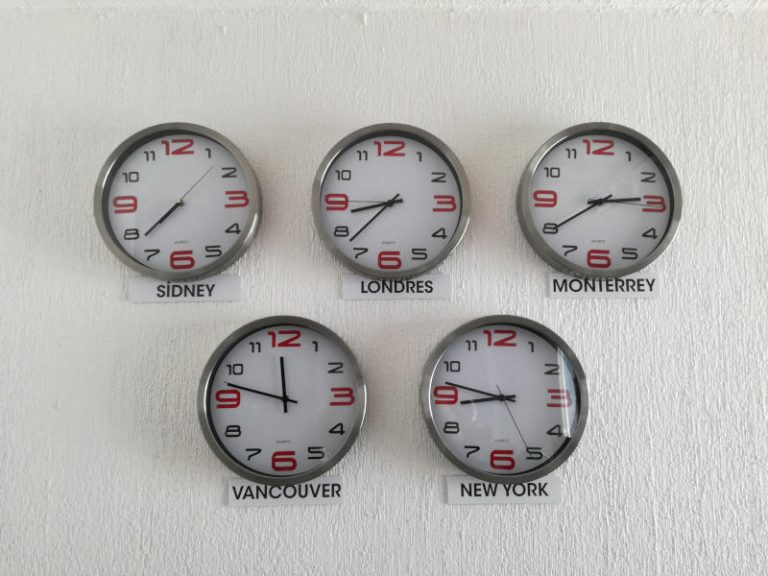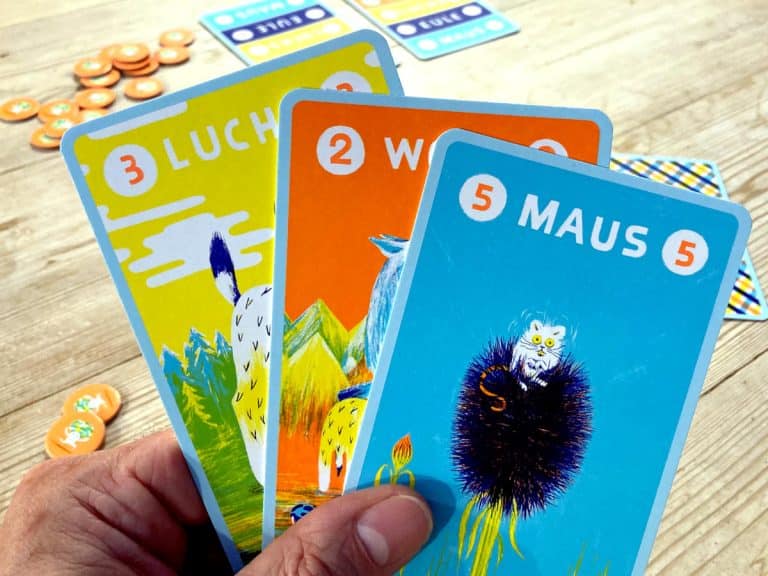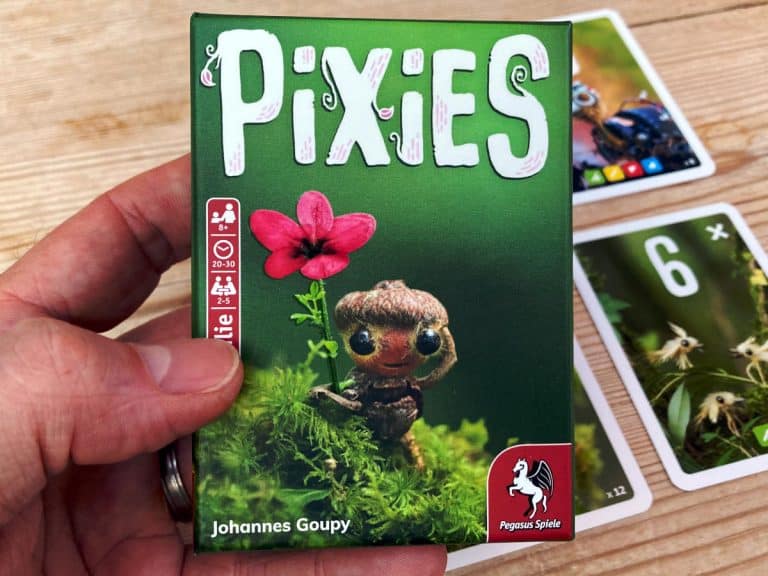Mischief (Saturday Review)
In Tir na-Nog, ethereal Queen Titania and Lord Oberon have finally decided to not only end their age-old rivalry, but also to get married. For the big day, they have invited delegations from all the vassal faeries to come together and celebrate the grand occasion. As a faerie noble yourself, you also received one of these invitations, but which role your folk will play in this new combined kingdom is unclear. It is up to you and your delegation to be true fairies and form as many alliances as you will cause Mischief by Dan Cassar from Dream Cult Game Studio.


